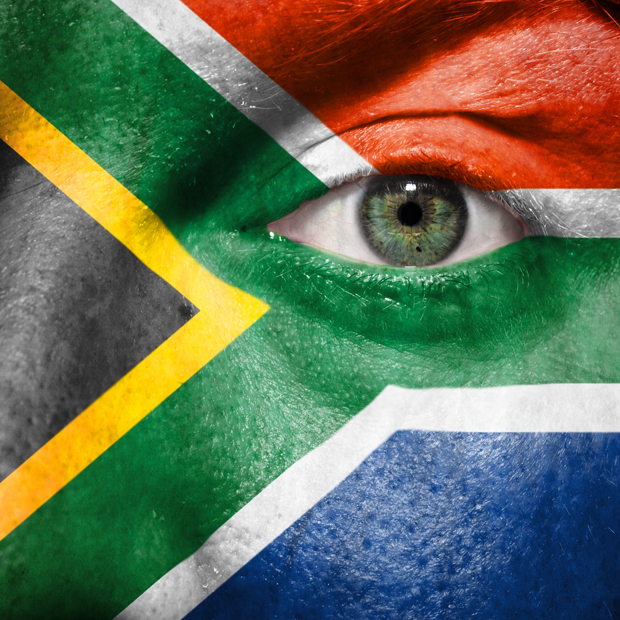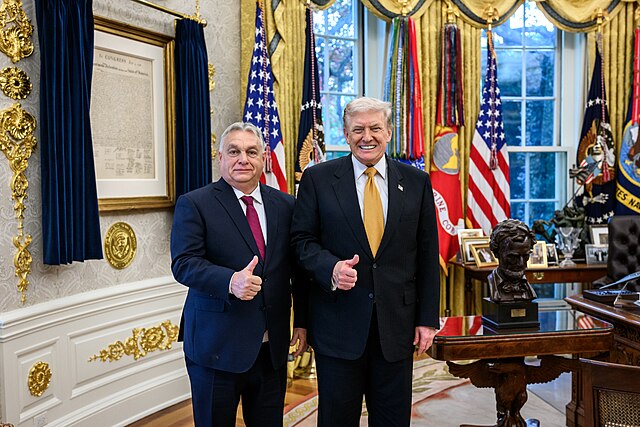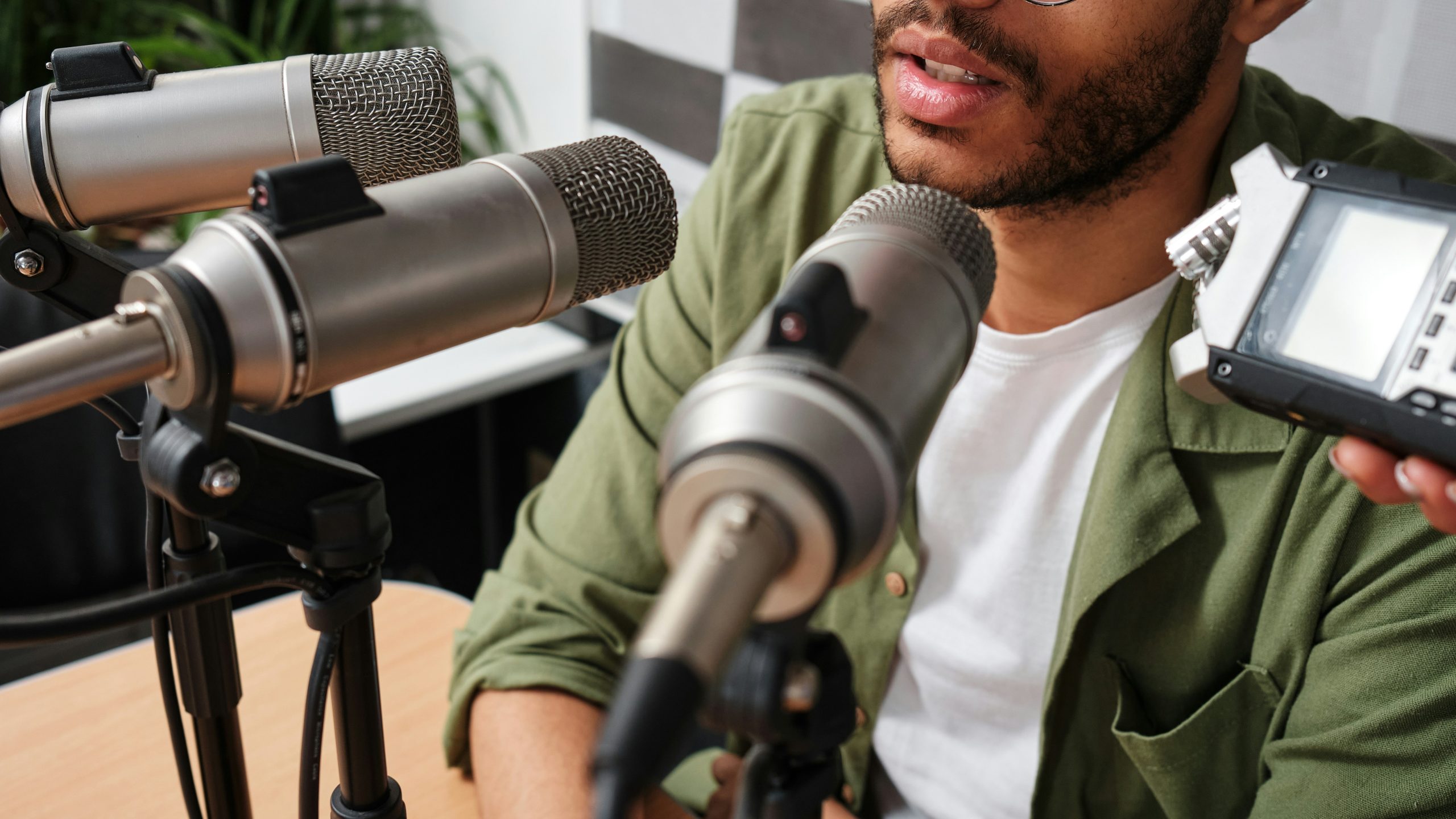
(Photo illustration: Shutterstock)
Though the shackles of apartheid and the public role of Nelson Mandela have faded, South Africa is confronting questions about government surveillance in the digital era, media regulation and artistic censorship.
Apartheid in South Africa (1948-1994) was partially kept in place with restrictions on the flow of information. The state attempted to draw a veil of secrecy over the intensification of repression through detention without trial, house arrests and the torture and killing of opponents from the 1960s onwards. Music and literature were among the modes of anti-apartheid resistance from the 1960s onwards. Literature and music supportive of political opposition or that was deemed sexually permissive was banned. Some journalists, authors and musicians left the country to escape prosecution while many who stayed were persecuted. Television was only allowed in the country in the mid-1970s and only when the then ruling National Party was convinced it could control the medium.
The transition to democracy in the 1990s under Mandela marked a radical departure, with openness and transparency declared primary aims. Clause 16 of the Bill of Rights in the South African Constitution of 1996 guarantees that “everyone has the right to freedom of expression, which includes freedom of the press and other media; freedom to receive or impart information or ideas; freedom of artistic creativity; and academic freedom and freedom of scientific research.” However, this right is not absolute. The same clause warns that it “does not extend to propaganda for war, incitement of imminent violence; or advocacy of hatred that is based on race, ethnicity, gender or religion, and that constitutes incitement to cause harm.” Clause 14 (d) of the Bill of Rights safeguards the right to privacy, including the right not to have the privacy of communications infringed.
South Africa’s adoption of the right to freedom of expression in its Constitution is reflected in a lively national debate as democracy takes root. However, as pundits claim the space to hold to account the government and, less frequently, business, the past five years have seen worrying moves against free expression. These range from verbal threats to legislative measures to the irregular arrest of a journalist. Protesters have also targeted journalists at community-level demonstrations about socio-economic rights.
Media Freedom
Four large corporations dominate South Africa’s print media sector, which limits diversity in opinion. While the sector has been battling plunging circulation figures, as elsewhere in the world, it has still managed to invest in investigative journalism, which remains vibrant. Art and related types of journalism have however suffered from a lack of resources. The media stand at the centre of vehement political debates in the country, with newspaper leaks common in the infighting between factions of the ruling African National Congress (ANC). The combination of political and investigative exposures has led to ANC threats of appointing a “media tribunal” to replace the system of self-regulation. In response, the media funded a public consultation process, and a new system has been instituted which remains self-regulatory but includes more mechanisms to allow greater accountability of the press to the public. However, the ANC has decided that the country’s parliament should still investigate the creation of a media tribunal “that is empowered to impose sanctions without the loss of any constitutional rights”.
The Protection of State Information Bill was adopted by parliament this year, despite concerted resistance from a wide range of organisations and individuals. The bill, driven by state security agencies, is expected to undermine access to state information and inhibit investigative journalism. Revisions did not address its draconian penalties of up to 25 years or the overly narrow scope of its belatedly included public interest clause. In a significant improvement, however, the bill no longer overrides the Protection of Access to Information Act or the Protected Disclosures Act, both passed in 2000.
Recent changes in print media ownership have seen the Independent Newspapers (former Argus) group returned by the Irish company Independent News and Media (INM) to South African control. While INM is generally regarded as having “harvested” the Independent Newspapers and thereby stunting its growth in South Africa, the acquisition by Sekunjalo has raised concerns about political control as business allies of the ruling party are involved in the deal.
Most South Africans remain dependent on television and especially radio for information. The state-owned South African Broadcasting Corporation (SABC) remains the dominant TV and radio outlet with its programming in all 11 languages. However, the SABC has been riddled with management battles and repeated allegations of political interference, which included the blacklisting of commentators critical of the government.
Digital Freedom
After a good start in the 1990s when Internet use was commercialised in South Africa, tardy and expensive broadband has slowed connectivity. Recent research suggests that 39 percent of adults, or 14 million people, access the Internet at least once a week. Another study found that a relatively high percentage of South Africans use mobile phone services (66 percent). According to the 2011 government census, half of those who use the Internet use their mobiles to do so, as only about 23 percent of households have a computer at home. Internet service providers believe this number would be higher if mobile broadband prices were more competitive. While mobile broadband is more affordable and faster than fixed-line services, prepaid mobile customers pay more than contract customers, which means poorer people have less access.
Regarding government measures, the Regulation of Interception of Communications and Provision of Communication-Related Information Act of 2002 (RICA) requires service providers to record and keep customer information, which can be requested by government agencies. The act disallows interception of communication, subject to judicial approval. Similarly, a judge has to grant permission before government agencies can access mobile phone records.
The Right2Know (R2K) civil society campaign in 2012 mobilised against the General Intelligence Laws Amendment Bill, which would have empowered state-security operatives to monitor e-mails and social media communication without permission from a judge. While this expansion of powers was avoided, R2K pointed out that the final version of the bill still did not provide clarity regarding the monitoring of electronic communication passing through a foreign server. The Mail and Guardian newspaper has reported on the illegal bugging of private citizens’ communication. Security agencies’ illegal monitoring of communications has become a weapon between factions in the ruling party. In the most notorious case, the ascendancy of the current president, Jacob Zuma, to the highest office was clinched with the withdrawal of corruption charges against him on the basis of “spy tapes”. These recordings, seemingly illegally made, allegedly showed a political plot against Zuma that involved the National Prosecuting Authority. Interceptions by the police’s crime intelligence divisions rose sharply between 2009 and 2010, including illegal bugging that led to the recent resignation of the head of the South African Revenue Services for attempting to recruit someone in return for sexual favours. Meanwhile, the implications are unclear of the National Cyber Security Policy that the ANC wants the government to adopt by 2014 to prevent the distribution of “harmful and anti-social” content.
Artistic Freedom
Artists have enjoyed unprecedented freedom to be creative in South Africa since the transition to democracy. However, political tensions have risen about art seen as ridiculing Zuma. In 2012, Brett Murray’s painting called “The Spear” was exhibited at a Johannesburg art gallery, depicting Zuma in a well-known pose of Communist leader Vladimir Lenin but with his genitals exposed. ANC leaders pressurised the gallery by leading a march of ANC supporters to its doors. Two men defaced the painting while on display.
An amendment in 2009 to the Film and Publications Act of 1996 that every unregistered print and online publication that contains sexual content be submitted for classification by the Film and Publications Board has since been declared unconstitutional by the High Court. The Constitutional Court still has to confirm the High Court’s decision. The board has been skittish about films depicting teenagers in sexual situations, whether consensual or forced. In 2008 it banned the Argentinian film “XXY” and this year it banned the South African film “Of Good Report” on the basis of being “child pornography”. Both bans have since been overturned.




